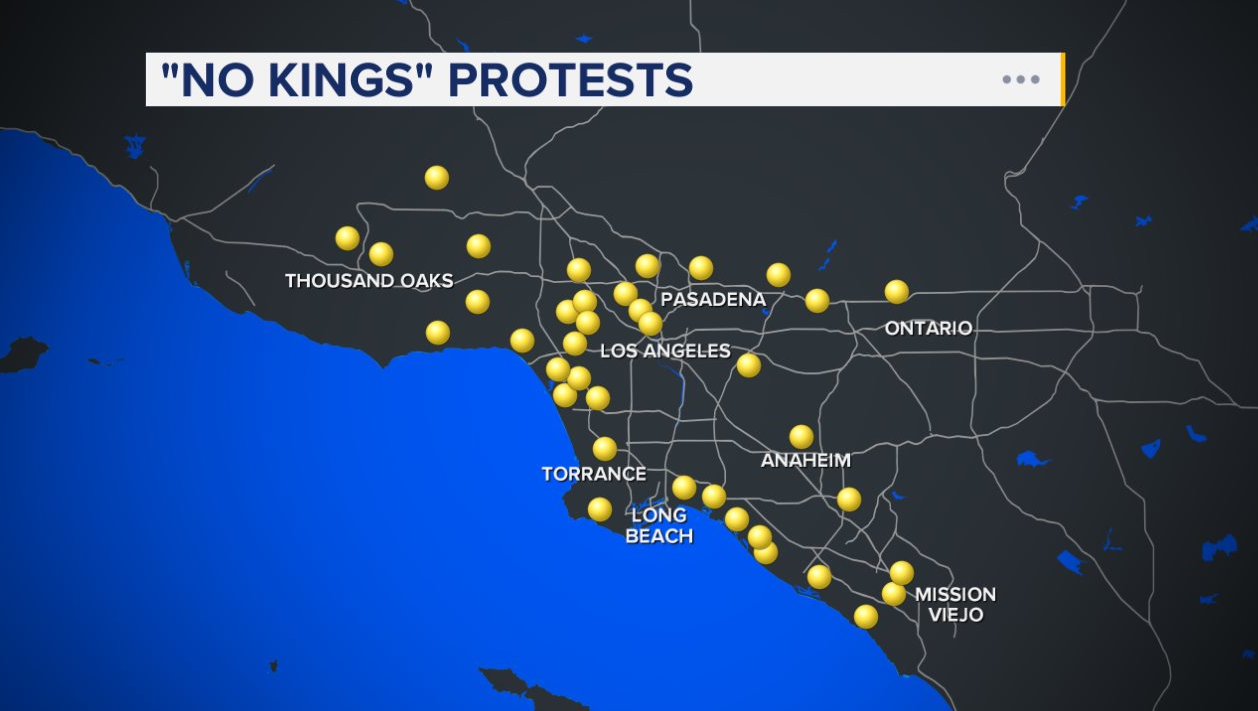Tech CEO warns AI will eliminate jobs. What can you do to protect your career?
The CEO of artificial intelligence startup Anthropic is sounding the alarm about the technology he's spearheading. So what, if anything, can workers do now to protect their careers?
Dario Amodei, the head of the company behind AI model Claude 4, issued a blunt warning in an interview with website Axios, saying that half of all entry-level white-collar jobs could be potentially wiped out by artificial intelligence within five years, potentially driving up the unemployment rate up to 20%.
He said industries most at risk include law, marketing, tech and finance.
"These new generative AI technologies pose a real risk to early-career knowledge jobs," said Molly Kinder with Brookings Metro.
In recent months, AI has shown stunning capabilities, from generating hyper-realistic fake videos to diagnosing rare diseases through data analysis.
The state Supreme Court in Arizona is even using AI-powered avatars to act as reporters and summarize court rulings.
The rapid rise of artificial intelligence could bring real benefits but also a real disruption.
Who are the people most likely to be hit first? Young, college-educated workers in their first jobs before they've built experience or seniority.
"Who don't yet have the work experience to be a manager of a team of AI agents," Kinder said.
Some major companies are already downsizing. Walmart is cutting 1,500 corporate jobs as part of a technology-led restructuring.
Microsoft is laying off 6,000 employees, saying that the company is aligning for the AI era.
So how can you protect your career?
Experts say to double-down on what AI struggles with - making human connections and doing things in person.
"If you can do your job locked in a closet with a computer, those are the things that are more worrying for AI. Things that have to be in person, and really with people, tend to be safer."
You should also learn to work with AI, not against it.
"It's really important that you've mastered your craft, your area of expertise, augmented by this technology," Kinder added.
Anthropic's CEO is now pushing lawmakers to get up to speed on AI and urgently look at ways to regulate the technology.







